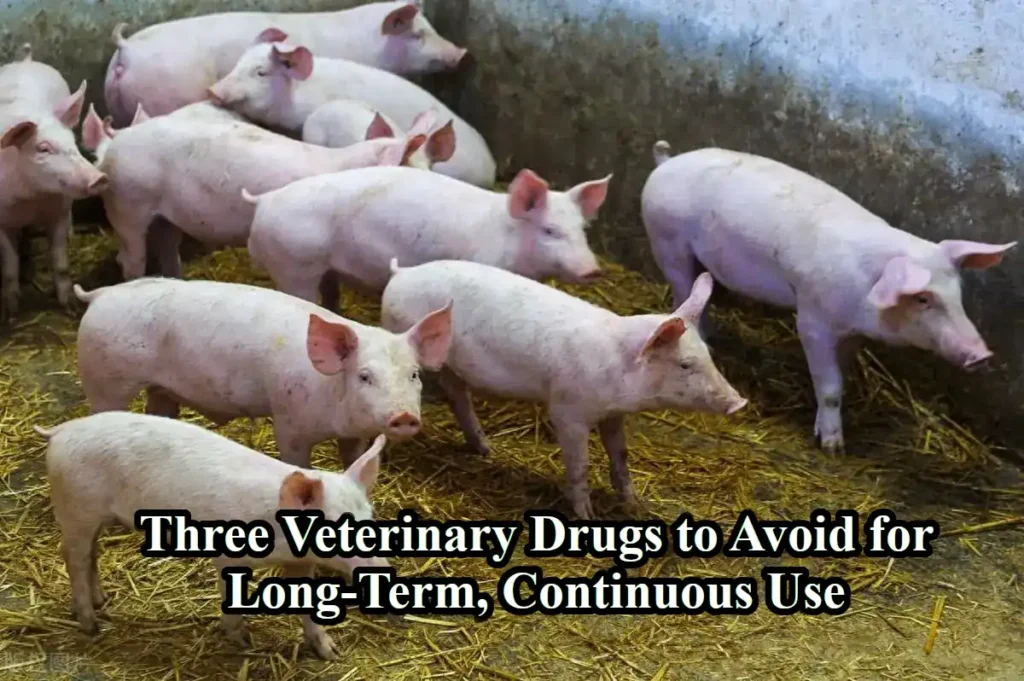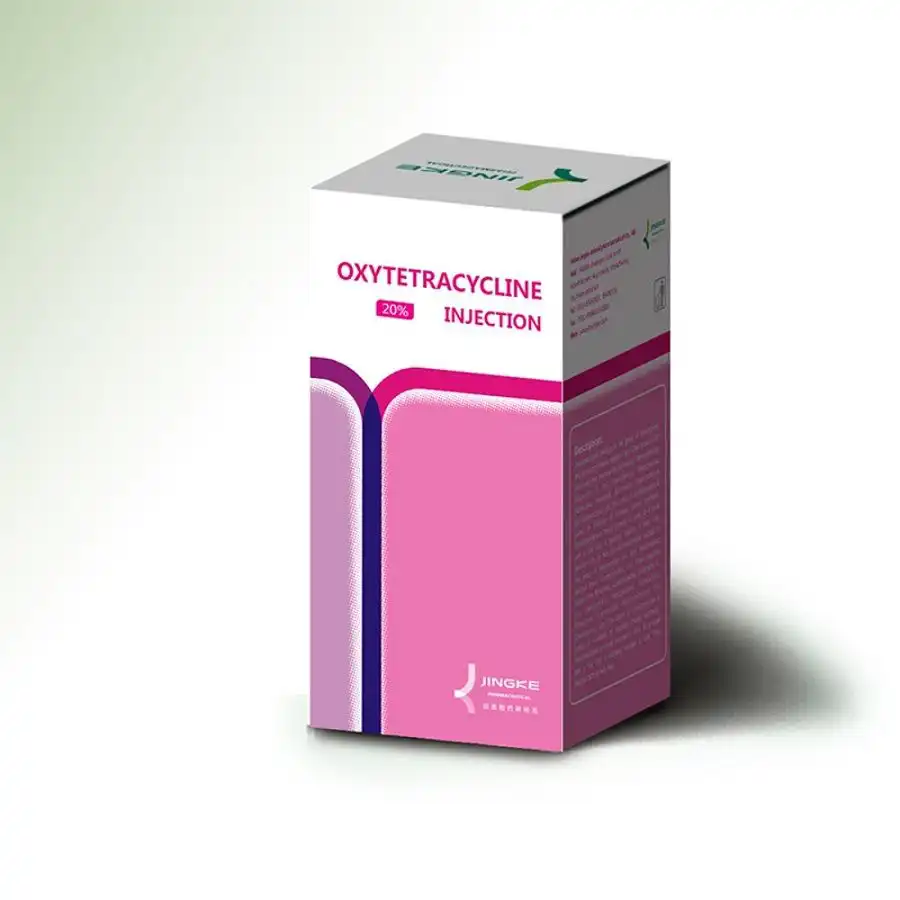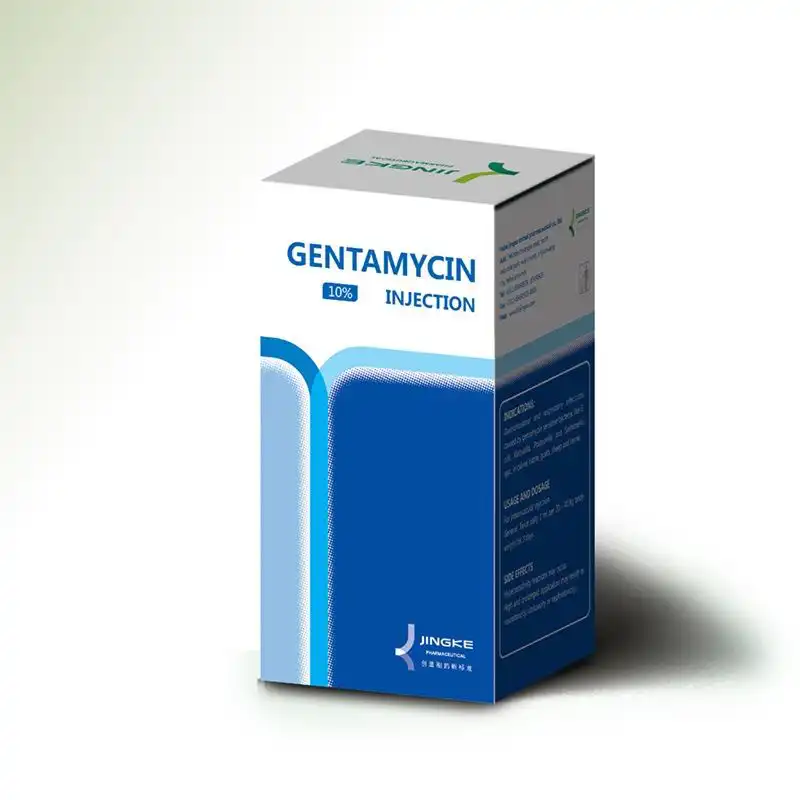With the advancement of science and technology, and the progress of breeding techniques, there’s increasing emphasis on the scientific and safe use of veterinary drugs. The focus has shifted from primarily treatment to prevention, and further to emphasizing proper feeding, forming a new and representative breeding philosophy: “Nourishment First, Prevention Secondary, Treatment as a Supplement.”

Of course, common medications are still frequently used within these three linked ideas, and most farmers are familiar with them. However, many still blindly believe that using medication solves everything and allows them to relax. This is not necessarily true. A significant portion of veterinary drugs should not be used long-term or continuously. Otherwise, it can cause minor issues like liver and kidney damage, or severe consequences like death, antimicrobial resistance, serious drug residues, and impact the safety of food and human health.
Therefore, I want to share some veterinary drug knowledge with everyone here, especially highlighting three types of medications that should never be used long-term or continuously, to avoid being penny-wise and pound-foolish. Let’s take a look to see if you are still using these drugs blindly, without a clear understanding of the consequences:
1. Tetracycline (Specifically, Oxytetracycline)
When tetracycline (oxytetracycline) was first discovered and applied, it indeed had significant effects. Its affordability and effectiveness in helping us resist and kill many bacteria earned it widespread recognition and use. However, the unrestricted and indiscriminate use of tetracycline can cause unnecessary problems. For example, prolonged use can cause liver damage and liver cell necrosis, even leading to poisoning and death.
Continued use during the withdrawal period can also harm humans. Residual drugs can cause drug resistance, affecting disease treatment, or even cause allergic reactions and other problems. Therefore, when using tetracycline (oxytetracycline), we must follow veterinary drug use standards, use it scientifically, and strictly prohibit use during the withdrawal period. Additionally, with the research, development, and upgrades of tetracycline-related drugs, there are many more drugs that can replace tetracycline (oxytetracycline). It is best to choose to use them alternately.
2. Sulfonamides
Sulfonamides, also known as sulfa drugs, are mostly synthetic antibacterial drugs that have been used clinically for nearly 50 years. They are widely used due to their broad antibacterial spectrum, stability, and ease of use. However, long-term or continuous use of sulfonamides can easily lead to cumulative poisoning. Residues in the body can damage the hematopoietic (blood-forming) system, produce vitamin K deficiency, and cause problems like hemolytic anemia and thrombocytopenia (low platelet count).
Therefore, sulfonamides are generally not suitable for long-term use as medications. When using them, baking soda can be combined to alkalize the urine and promote the excretion of acetylated metabolites. In addition, it is recommended to choose compound sulfonamide preparations, which can reduce the dosage, lower toxicity, and avoid feeding sulfur-containing feed additives, such as artificial salt, magnesium sulfate, and sodium sulfate, when using sulfonamides.
3. Gentamicin
Gentamicin has a concentration-dependent post-antibiotic effect on pathogenic bacteria. Single daily dosing can reduce the incidence of adaptive resistance and reduce stress reactions caused by injections. Bacteria are also prone to develop resistance to gentamicin, but resistant strains are far less common than to streptomycin and kanamycin. If the dose is sufficient or used in combination with other antibiotics, and local use is avoided, it can be reduced or prevented. Once it occurs, the drug should be stopped immediately, and the bacteria can restore sensitivity.
Excessive dosage or prolonged use of gentamicin can have certain toxic side effects. It can easily cause uric acid salt deposition in the kidneys, kidney swelling, allergic shock, and respiratory depression. Repeated use will cause resistance. It must be used strictly in accordance with the instructions.
In summary, antibiotic drugs play a vital role in treating infectious diseases. However, the emergence of drug-resistant pathogens poses a serious threat to both human and animal health. Therefore, in the breeding process, we must be very careful about the use of each veterinary drug, strictly follow the instructions for use and the withdrawal period regulations, and avoid making some low-level mistakes to avoid being penny wise, pound foolish, and at the same time contribute to human health.
Finally, we have one more thing to tell you, don’t forget to pay attention! Because “the next article” may be talking about “the method” that you urgently need to solve the problem.


